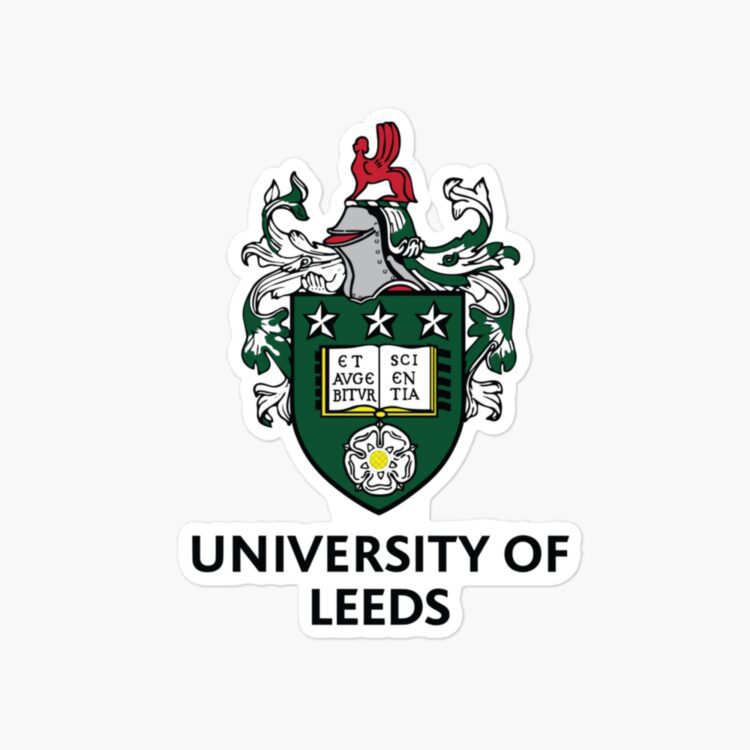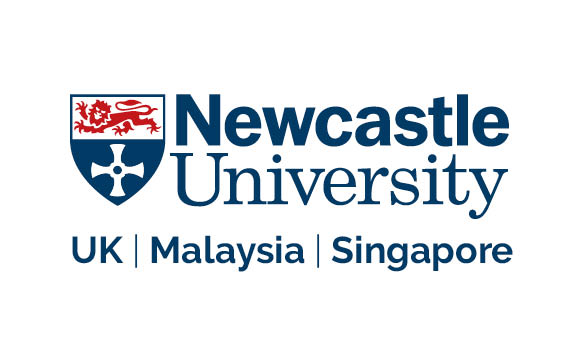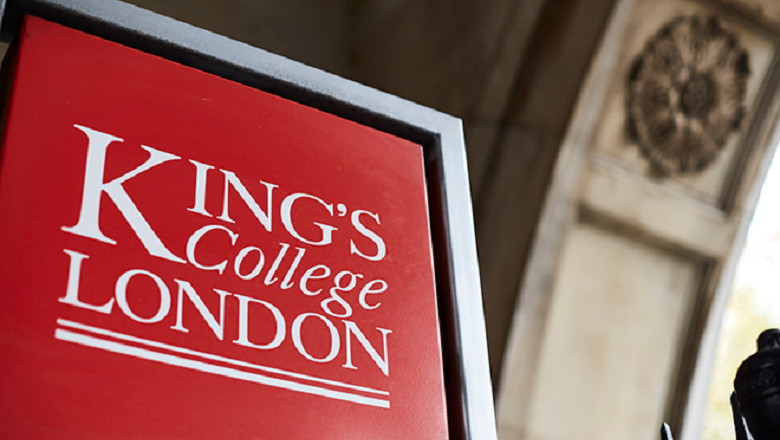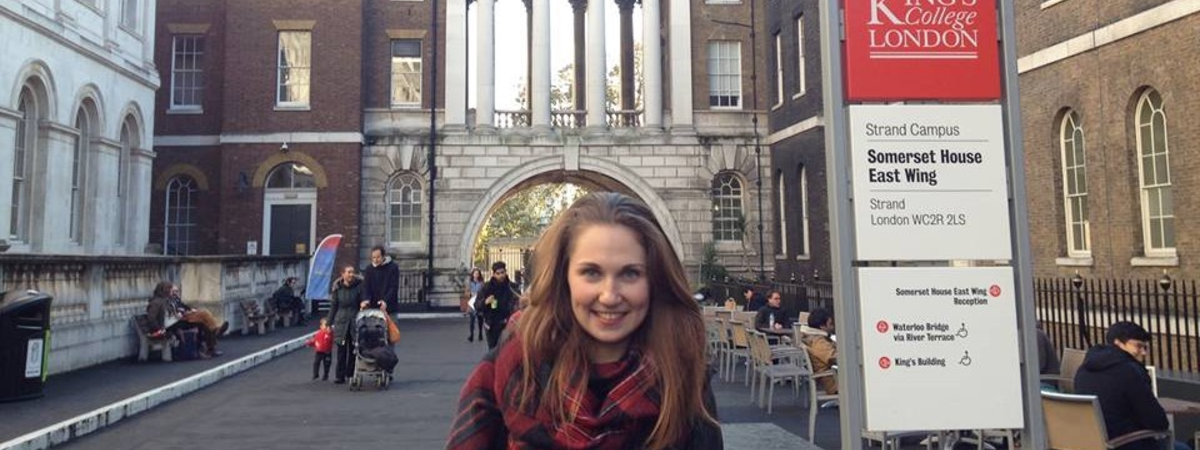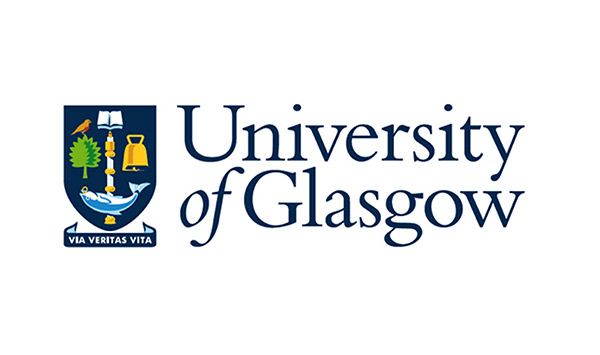If you’re wondering how to get into the University of Nottingham, you’re not alone!

Why Choose the University of Nottingham?
The University of Nottingham is a globally recognized institution known for its research excellence, vibrant student life, and commitment to sustainability and innovation.
Here’s why thousands of students choose the University of Nottingham every year:
| Feature | Details |
|---|---|
| Global Ranking | Top 100 worldwide (QS 2024) |
| Student Population | Over 33,000 students from 150+ countries |
| Courses Offered | 300+ undergraduate, 250+ postgraduate programs |
| Russell Group | Member of the prestigious Russell Group |
| Graduate Employability | 92% employed or in further study within 6 months |
| Research Excellence | 90% of research rated as world-leading or internationally excellent (REF 2021) |
| Campus | Multiple campuses including Nottingham, Malaysia, and China |
Entry Requirements for University of Nottingham
Nottingham welcomes students worldwide, with specific entry requirements depending on the level of study and course.
Undergraduate Admissions
| Requirement | Details |
|---|---|
| Academic Qualifications | UK A-Levels (A*AA–ABB), IB (36–32 points), CBSE (85–90%), or equivalent |
| Subject Requirements | Specific subjects required for certain courses (e.g., Engineering, Medicine) |
| English Proficiency | IELTS 6.0–6.5 (no band less than 5.5), TOEFL iBT 88–92 |
| Personal Statement | Required, emphasizing motivation and course suitability |
| References | Academic, usually from a teacher or counselor |
| Additional Assessments | Interviews, portfolios, or admissions tests for selected courses (e.g., Architecture, Medicine) |
Postgraduate Admissions
| Requirement | Details |
|---|---|
| Bachelor’s Degree | UK 2:1 or equivalent (60–75% for Indian universities) |
| English Proficiency | IELTS 6.5–7.0 (varies by course), TOEFL iBT 90+ |
| CV/Resume | Required for most professional and research courses |
| References | Academic and/or professional, depending on course |
| Additional Requirements | Interviews, portfolios, or tests for select programs |
Application Process for University of Nottingham
Applying to Nottingham is straightforward if you follow these steps:
| Step | Details |
|---|---|
| 1. Choose Your Course | University of Nottingham Course Finder |
| 2. Prepare Documents | Transcripts, SOP, LORs, English test scores, passport |
| 3. Apply Online | UCAS for UG, Nottingham Portal for PG |
| 4. Pay Fees | Application fee: £22 (UG via UCAS), varies for PG |
| 5. Attend Interviews/Tests | Required for some courses (e.g., Medicine, Architecture) |
| 6. Offer Letter | Conditional or unconditional offer |
| 7. Accept Offer | Confirm your place and pay deposit if needed |
| 8. Arrange Funding & Visa | Apply for scholarships, loans, and student visa |
Required Documents Checklist
| Document | Undergraduate | Postgraduate |
|---|---|---|
| Academic Transcripts | ✔️ | ✔️ |
| Statement of Purpose (SOP) | ✔️ | ✔️ |
| Letters of Recommendation | 1–2 | 2–3 |
| English Test Scores | ✔️ | ✔️ |
| Passport Copy | ✔️ | ✔️ |
| CV/Resume | Optional | Often required |
| Portfolio (if applicable) | For some courses | For some courses |
Key Deadlines
| Intake | Application Opens | Application Deadline |
|---|---|---|
| September | September (previous year) | January 15 (UG via UCAS) |
| January | Rolling (PG) | Varies by course |
Important Dates for 2025 Entry
| Event | Date |
|---|---|
| UCAS Deadline (UG) | January 15, 2025 |
| PG Application Priority | February–May 2025 |
| Scholarship Deadlines | December 2024–March 2025 |
| CAS Issuance (Visa) | June–July 2025 |
| Course Start (Main Intake) | September 2025 |
Popular Courses at University of Nottingham
| Course | Duration | Annual Tuition Fee (£) |
|---|---|---|
| BSc Computer Science | 3 years | 23,750 |
| LLB Law | 3 years | 20,500 |
| BA Business Management | 3 years | 21,800 |
| MSc Data Science | 1 year | 26,000 |
| MSc Engineering Management | 1 year | 25,500 |
| MA International Relations | 1 year | 20,000 |
| MSc Finance | 1 year | 24,000 |
Scholarships and Financial Aid at University of Nottingham
| Scholarship Name | Eligibility | Value (£) |
|---|---|---|
| International Merit Scholarship | High-achieving undergraduates | 2,000–5,000 |
| Nottingham Graduate Scholarship | Postgraduate students | 5,000–10,000 |
| Subject-specific Scholarships | Varies by department | Varies |
| Commonwealth Scholarship | PG, Commonwealth nationals | Full/Partial |
| Chevening Scholarship | PG, leadership potential | Full tuition & stipend |
You Might Also Like: How To Get Into University of Leeds
Need Personalized Help?
With careful planning, a strong application, and the right support from Admitix, you can unlock your dream of studying at the University of Nottingham.
Start today!
FAQs
Q. What is the acceptance rate at the University of Nottingham?
A. The acceptance rate is competitive, typically around 40–50% for undergraduate courses.
Q. Can I apply to more than one course at the University of Nottingham?
A. Yes, but you’ll need to submit separate applications and personal statements for each course.
Q. What are the English language requirements for the University of Nottingham?
A. Most courses require IELTS 6.0–6.5 overall, with no band less than 5.5, or equivalent TOEFL scores.
Q. Are there scholarships for international students at the University of Nottingham?
A. Yes, Nottingham offers several scholarships for international students, including the International Merit and Nottingham Graduate Scholarships.
Q. Can I defer my admission?
A. Deferrals are possible for most courses; check with the admissions office.

